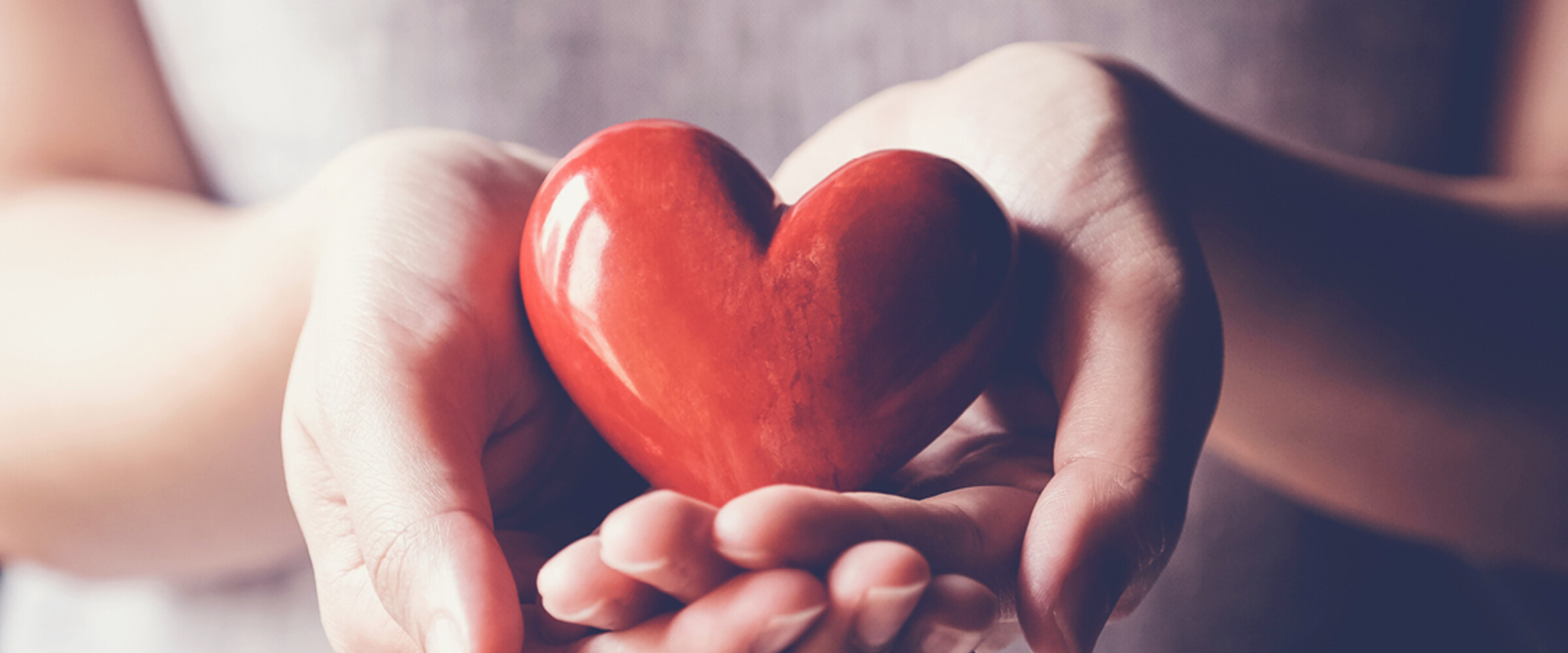
Egg & embryo donation explained
You’ve heard of sperm donation, but what happens when you need an egg? Here’s what you need to know.
At a glance
- Almost four per cent of pregnancies in Australia are produced by donor eggs.
- Couples might be after donor eggs and embryos for a number of reasons including compromising genetic conditions and poor egg quality.
- In Australia donors are purely altruistic, with laws preventing them from being paid.
Frankly Fertility - Egg & Embryo donation
Sometimes having a baby just isn’t straightforward. It might be that there are issues on the male side or the female side, medical complications or a same-sex couple who require assistance to achieve their dream of having a baby.
Egg and embryo donation services are available to couples who are unable to use their own eggs in the conception process, and although it’s not as talked about as sperm surrogacy the process may be more widely accessed than you think.
“Almost four per cent of pregnancies in Australia are produced by donor eggs and embryos,” explains leading Sydney fertility and IVF specialist Dr Shadi Khasaba. “It’s becoming more and more common and accepted.”
Yet, due to Australia’s non-commercialisation of the industry – meaning you can’t pay someone to give you an egg – if couples don’t have a friend or family member willing to donate for them, tracking down a fitting donor can be a process. A fertility clinic can help.
Who uses donor eggs?
Couples that might be after donor eggs and embryos may:
- be going through premature menopause
- be at risk of passing on a genetic disease
- have ovaries affected by disease or illness
- have undergone IVF treatment, but repeated cycles have revealed poor egg quality
- be same-sex, and looking for a donor egg or embryo to transfer to a surrogate
It’s important to note that success rates using donor treatments are directly related to the age of the donor, and the number and quality of donated eggs and embryos. So it’s worth knowing a little about.
Egg vs embryo donation: what’s the difference?
With both practices offered at fertility clinics, the main thing to note when considering donor egg or embryo insemination is whether you are after sperm or not. Dr Khasaba simplifies the difference between the two.
“Egg donation uses unfertilised eggs which means you can use your partner’s sperm, whereas embryo donation uses already created embryos ready to go into the uterus without using any sperm,” he explains.
So embryo donation may be the obvious choice for singles or couples facing unexplained or male infertility, and egg surrogacy might work for those who have access to healthy, viable sperm.
How are donors found and matched?
With Australian law restricting donors from being paid, most cases of egg and embryo surrogacy are carried out by friends or family members. Fertility clinics however, may have a small number of eggs stored.
“We do have a bank of donors but the numbers are very limited,” explains Dr Khasaba. “First we refer patients to our donor coordinator team, meet with them and understand their needs to organise where to start from.”
Anonymous donors who approach a clinic directly undergo mandatory blood screenings and complete a detailed genetic and medical questionnaire.
Keen to donate?
If you’re considering using donated eggs or becoming a donor, have a chat to your GP who can refer you to a fertility specialist. And remember – if you need support, there is plenty available. See a fertility expert for advice.
Sources
https://www.ivf.com.au/fertility-treatment/donor-program/egg-donor
https://www.ivf.com.au/fertility-treatment/donor-program/embryo-donation
